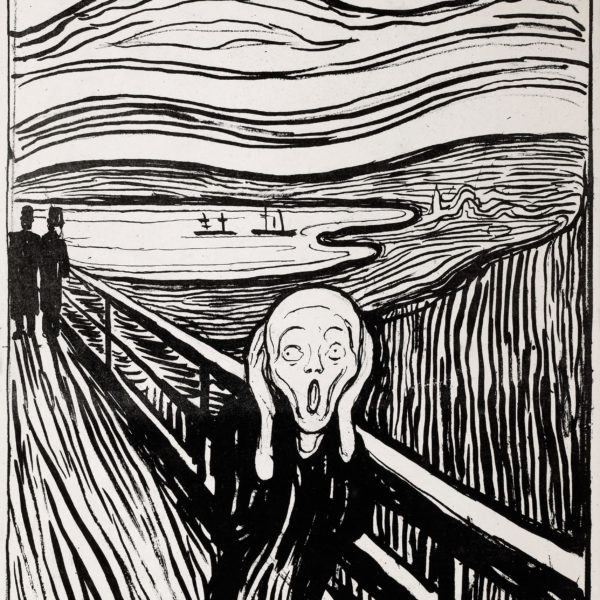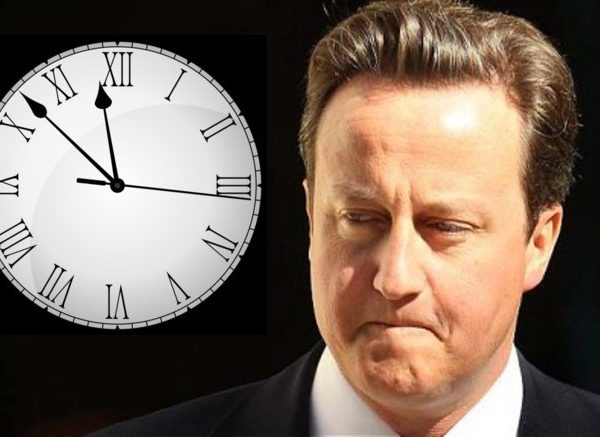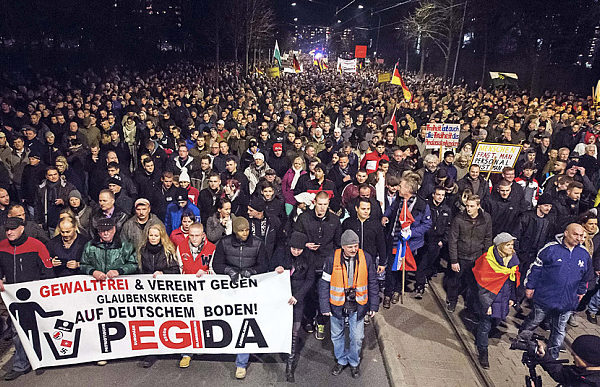
If 9/11 was the start of a moral panic in the West that the “clash of civilizations” was now underway, the tragic killings at Charlie Hebdo may have driven this panic to a new high. After all, Hebdo has a unique symbolic significance. Its satirical anti-clerical journalism represents the most valuable cultural assets of the West—freedom of speech and secularism. Moreover, Hebdo is French, and the French nation historically played a pivotal role, with its bourgeoisie revolution and laicite, in the making of Western civilization.
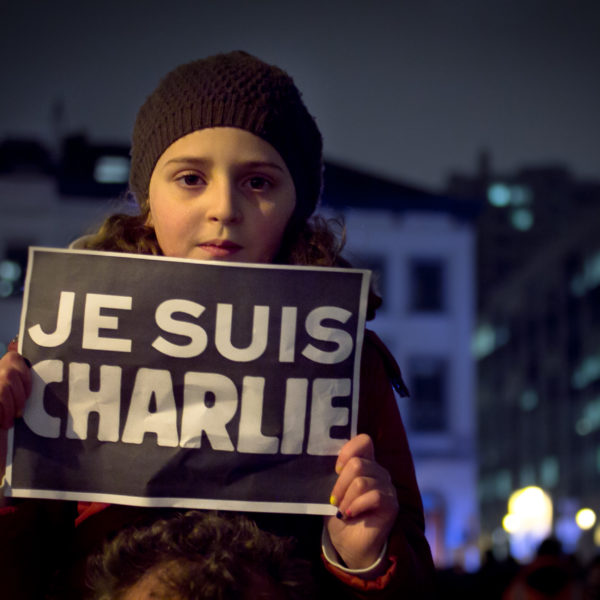
Within a few days following the shock of the terrorist assault on, and wanton slaughter of the staff of, the French satirical magazine Charlie Hebdo, the deeper crisis of Western liberal democracy—the crisis of universalism versus multiculturalism—surged into view.
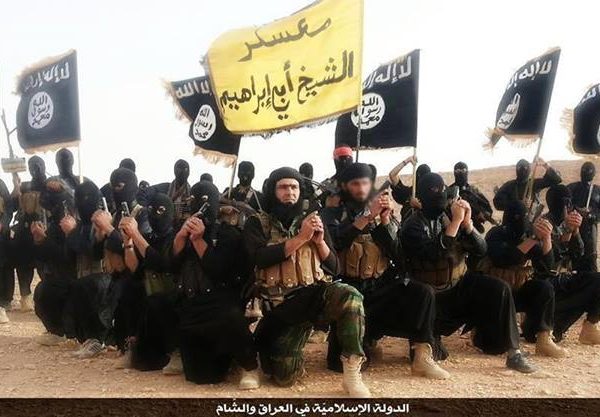
What is happening today in the Middle East – and the strange, deer-in-the-headlights response of Western elites – seems in many ways to be a fulfillment of the predictions of French cultural theorist and political activist Guy Debord, author of The Society of the Spectacle (1967).
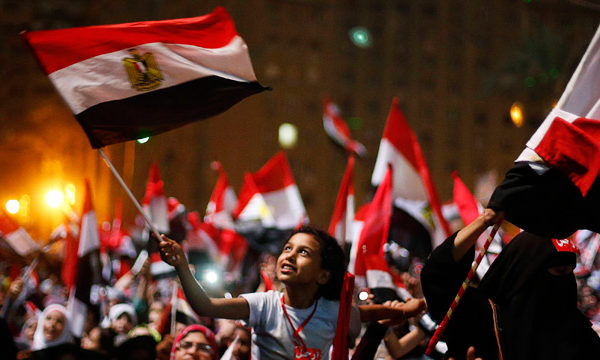
I join this conversation as a student of comparative politics, writing a project that explores how islamiyun, often dubbed Islamists, imagine and enact democracy. Specifically, I use insights derived from ordinary language philosophy to apprehend insights from interviews and focus groups with over 100 interlocutors, gleaned in nearly two years of fieldwork in Morocco (2009-2011), to understand what democracy means to Moroccan islamiyun. I find that there are two broad usages of dimuqratiyyah [democracy] in the language and practices of Moroccan islamiyun.
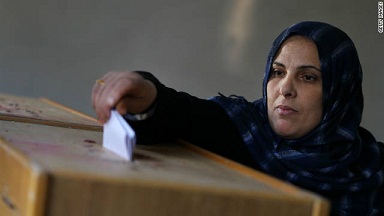
I join this conversation as a political theorist having just published a book, Beyond Church and State: Democracy, Secularism, and Conversion (Cambridge 2013), in which I argue that the modern secular imaginary is premised upon an insufficient image of secularism as the separation of church and state, and that secularism should instead be understood as a process of conversion that reshapes key dimensions of both religious and political life
